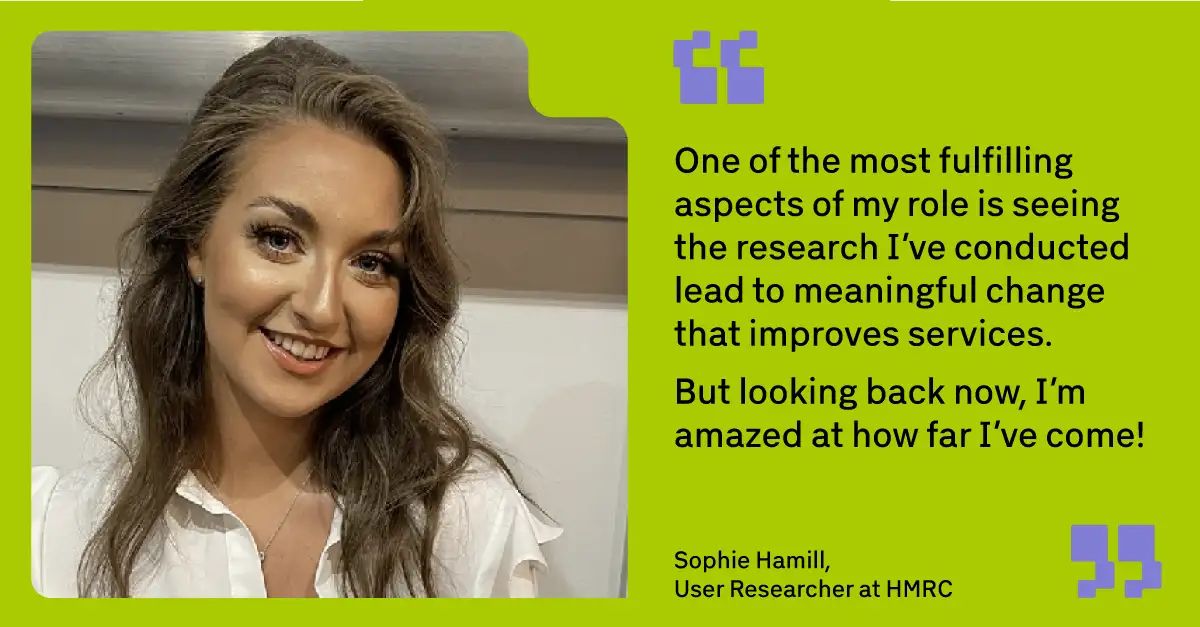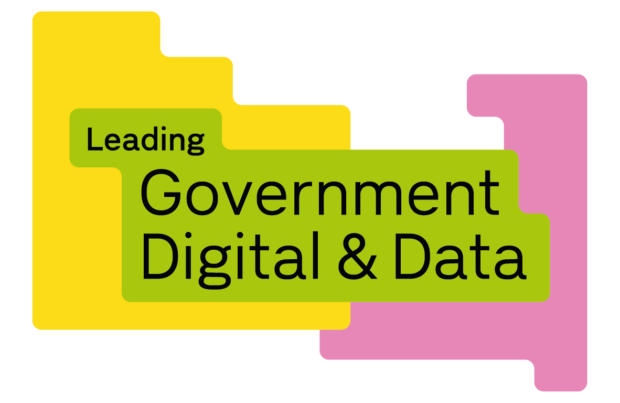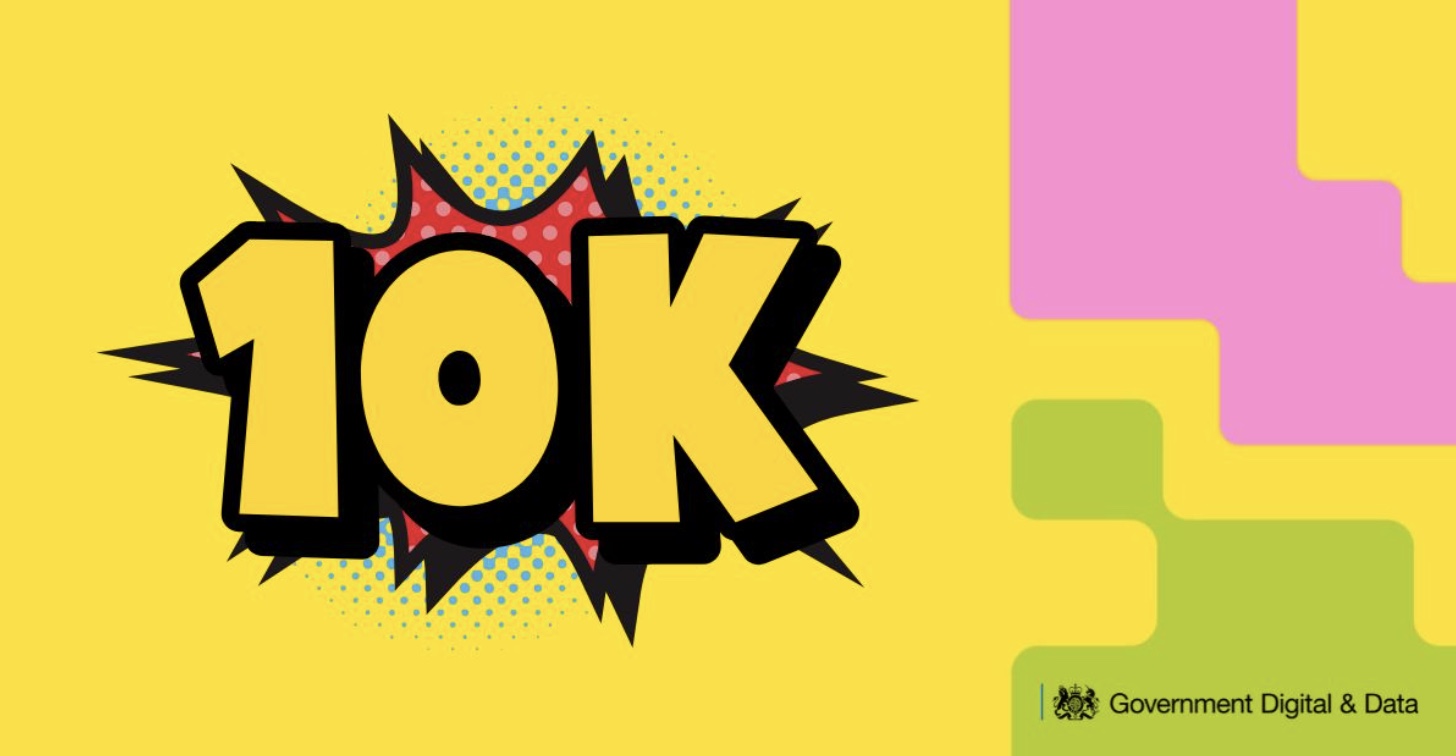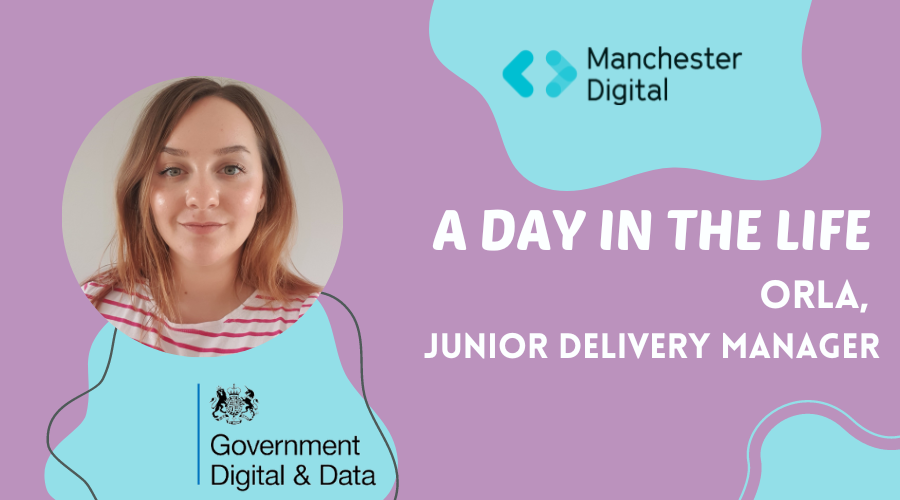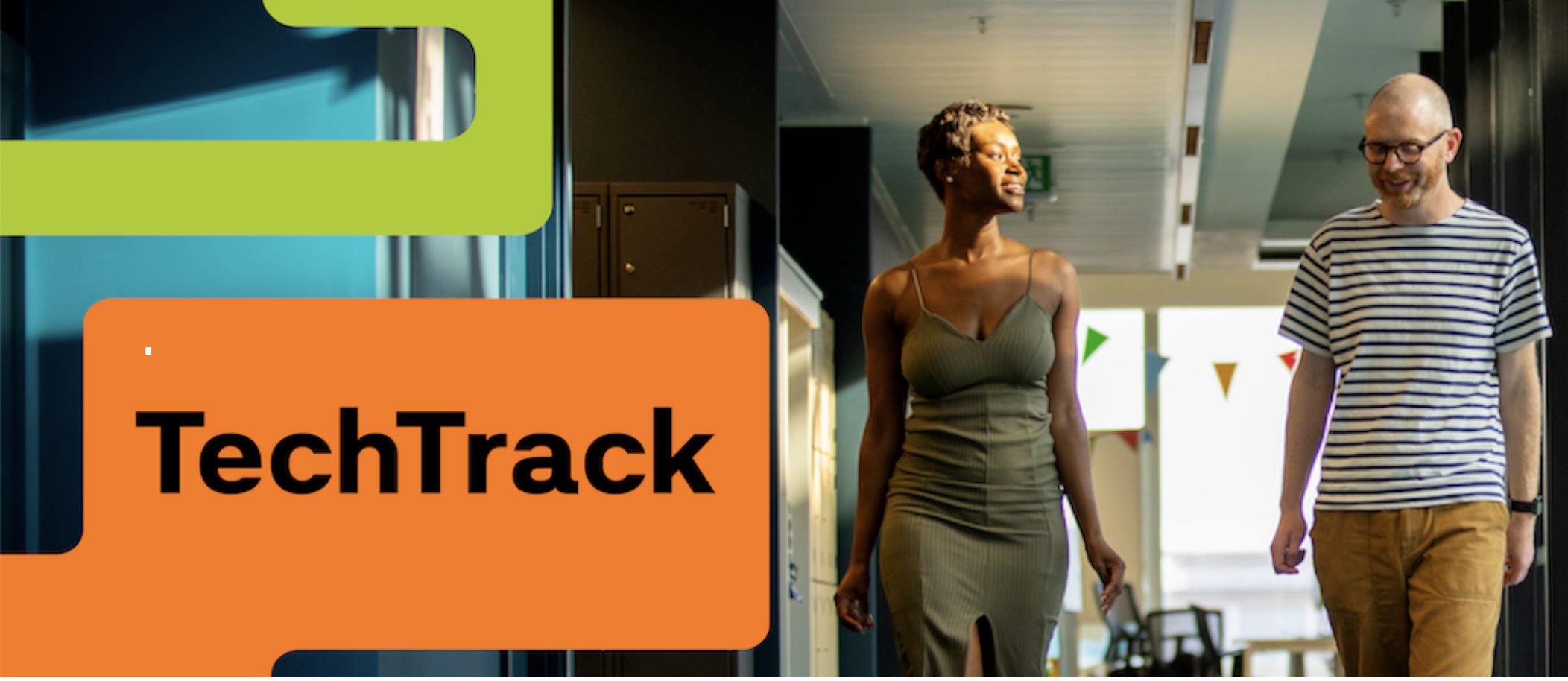Senior Frontend Developer - MoJ - G7
Government Digital & Data -
About the role
We’re recruiting Senior Frontend Developers at Justice Digital, to be part of our Criminal Justice System (CJS) Dashboard team.
This role aligns against the Senior frontend developer role from the Government Digital and Data Framework
The CJS Dashboard provides the public, Ministers, senior officials, policy colleagues, and local decision-makers with trusted data and metrics about the performance of the criminal justice system.
The Dashboard enables these users to understand the system and make informed decisions to improve performance.
We are working with the CJS Data Improvement Programme to iterate and improve the service to make things simpler, faster and better for people working in Local Criminal Justice Boards, leveraging more timely, linked data.
As a senior frontend developer, you will:
- lead frontend development of the CJS Dashboard and other dashboard products
- develop, test and implement accessible frontend components, including new components to visualise data, metrics and insights
- champion accessibility and ensure the service meets government accessibility requirements
- work with designers and user researchers to build, test and iterate prototypes and mockups
- stay up to date with emerging technologies and identify opportunities to incorporate these into the service
- write clean, well-tested code that follows web standards
- coach and mentor more junior colleagues
To help picture your life at MoJ Justice Digital please take a look at our blog and our Digital and Technology strategy 2025
Person Specification
We welcome applications from anyone with the skills we consider to make a good frontend developer, even if you’re not currently in a frontend developer role.
We are looking for people with experience in the following:
- frontend development with Javascript, HTML and CSS
- React or other frontend JavaScript frameworks
- NodeJS, Express and TypeScript
- using and contributing to component and pattern libraries
- version control tools, such as git
- automated testing, for example with Jest or Cypress
- building CI/CD workflows, ideally with GitHub Actions
- building and deploying containerised applications in the Cloud, ideally with Kubernetes and AWS
- building services that meet WCAG accessibility requirements
Willingness to be assessed against the requirements for BPSS clearance.
If you don't have experience in all of these then that's all right. We get it, it's a long list! We encourage you to still apply and give us the chance to consider your application. A key attribute we're interested in is the willingness and ability to learn. Learning and development is something we value and prioritise within our community.
There are some tips toward the end of this advert about how to apply - we strongly recommend you read these, especially if you're new to applying for roles in the Civil Service.
The Civil Service is committed to attract, retain and invest in talent wherever it is found. To learn more please see the Civil Service People Plan and the Civil Service D&I Strategy.
Our Tech Stack
Within Justice Digital we use a range of technologies. We’re looking for people who specialise in one or more of them and who love learning new languages and frameworks.
For the CJS Dashboard, we use a Python framework called Plotly Dash, which is built on top of Plotly.js, React and Flask. We test, build and deploy our service using GitHub Actions and host it on the MoJ Cloud Platform, which runs on Kubernetes and AWS. We use components, styles and patterns from the GOV.UK Design System where we can.
Our Community
There are currently over 200 experienced developers who make up the engineering community in Justice Digital. You will coach and mentor junior colleagues and take part in informal support networks with your peers. You will be encouraged to play an active role in the engineering community and culture.
We take the responsibility of supportive and effective line management very seriously. We will value the skills you bring to the civil service and help you to build on them. When the time is right we will support moving between teams or government departments to learn different technologies or take on more responsibility, according to your career goals.
Take a look at our developer blog and Justice Digital blog to get a sense of our work and culture.
Person specification
Please refer to Job Description
Benefits
Alongside your salary of £54,358, Ministry of Justice contributes £15,747 towards you being a member of the Civil Service Defined Benefit Pension scheme. Find out what benefits a Civil Service Pension provides.
- Access to learning and development
- A working environment that supports a range of flexible working options to enhance your work life balance
- A working culture which encourages inclusion and diversity
- A Civil Service pension with an employer contribution of 28.97%
- Annual Leave
- Public Holidays
- Season Ticket Advance
For more information about the recruitment process, benefits and allowances and answers to general queries, please click the below link which will direct you to our Candidate Information Page.
Link: https://justicejobs.tal.net/vx/candidate/cms/About%20the%20MOJ
Things you need to know
Selection process details
How to Apply
Candidates must submit a CV and an optional Statement of Suitability (Up to 750 words) which describes how you meet the requirements set out in the Person Specification above.
In Justice Digital, we recruit using a combination of the Government Digital and Data Profession Capability and Success Profiles Frameworks. We will assess your Experience, Technical Skills and the following Behaviours during the assessment process:
- Working Together
- Developing Self and Others
- Changing and improving
A diverse panel will review your application against the Person Specification above.
Successful candidates who meet the required standard will then be invited to a 60-minute panel interview held via video conference. A small technical test will need to be completed in advance, as it will be discussed and developed during the interview.
Should we receive a high volume of applications, a pre-sift based on recent experience as a Developer will be conducted prior to the sift.
Should you be unsuccessful in the role that you have applied for, but demonstrated the capability for a role at a lower level, we reserve the right to discuss this opportunity with you and potentially offer you the position without the need for a further application.
A reserve list may be held for a period of up to 12 months from which further appointments may be made.
Terms & Conditions
Please review our Terms & Conditions which set out how we recruit and provide further information related to the role and salary arrangements.
If you have any questions, please feel free to contact recruitment@digital.justice.gov.uk
Feedback will only be provided if you attend an interview or assessment.
Security
Successful candidates must undergo a criminal record check.
People working with government assets must complete baseline personnel security standard (opens in new window) checks.
Nationality requirements
This job is broadly open to the following groups:
- UK nationals
- nationals of the Republic of Ireland
- nationals of Commonwealth countries who have the right to work in the UK
- nationals of the EU, Switzerland, Norway, Iceland or Liechtenstein and family members of those nationalities with settled or pre-settled status under the European Union Settlement Scheme (EUSS) (opens in a new window)
- nationals of the EU, Switzerland, Norway, Iceland or Liechtenstein and family members of those nationalities who have made a valid application for settled or pre-settled status under the European Union Settlement Scheme (EUSS)
- individuals with limited leave to remain or indefinite leave to remain who were eligible to apply for EUSS on or before 31 December 2020
- Turkish nationals, and certain family members of Turkish nationals, who have accrued the right to work in the Civil Service
